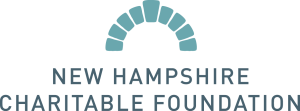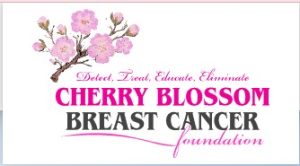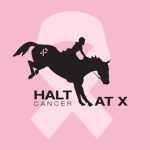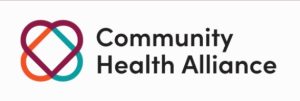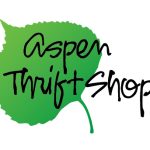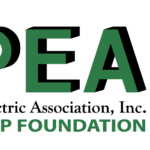Connecting Culture and Healing: Casting for Recovery’s Inaugural Alaska Native Women’s Retreat
This past September, Casting for Recovery (CfR) launched the first retreat dedicated to Alaska Native women, offering an opportunity for healing and connection among Indigenous breast cancer survivors. This retreat was part of Casting for Recovery’s effort to address healthcare disparities faced by Indigenous women, particularly those living in remote areas like Alaska.
To explore why this retreat was so meaningful, we spoke with Nicole Hallingstad, a breast cancer survivor and participant in the inaugural Alaska Native Women’s retreat. Her journey is one of resilience, cultural connection, and the power of community.
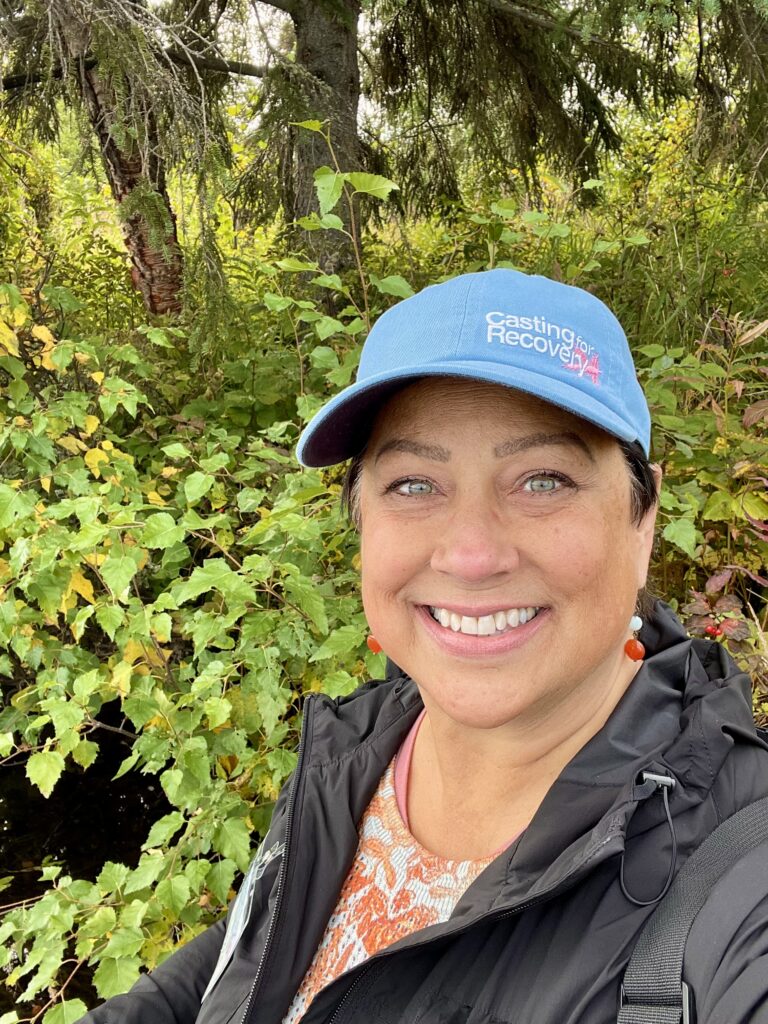
Nicole’s Journey with Breast Cancer
Nicole’s breast cancer journey began in 2007 when she was diagnosed. It was her kitten who alerted her to the problem. “My kitten found the lump in my breast,” Nicole shared, “and kept kneading on it, for weeks. I finally realized he was ‘playing’ with something and then I found the lump for myself!” From diagnosis to treatment and recovery, her loyal feline companion remained by her side, and jokes about “CAT scans” have become a light-hearted part of her journey ever since. “My furry boy saw me through diagnosis, treatment, and recovery, and has been with me for another 18 years while I’ve remained in remission.”
Nicole discovered CfR when Roni Briggs, a Casting for Recovery Trustee and Cherokee woman, shared the opportunity at an Indigenous conference. “Roni’s enthusiasm for the retreat dedicated to Alaska Native survivors was contagious, and I couldn’t wait to learn more,” Nicole shared.
A Retreat Rooted in Culture and Healing
Reflecting on the retreat experience, Nicole shared, “We live in a world where things are rarely easy, especially for cancer patients.” She continued, “It was WONDERFUL to feel catered to in that way.”
According to Nicole, what set this retreat apart was CfR’s commitment to cultural sensitivity. CfR collaborated with local Indigenous advisors, ensuring the retreat reflected the values and traditions of the Alaska Native community. This inclusion made space for meaningful conversations and deep connections among the participants. Nicole shared the experience of connecting with other Alaska Native women during the retreat, saying, “I start to tear up just thinking about how special it was to share patient and survivor experiences with other Alaska Native women.” She reflected on the unique challenges they faced together, many of them having similar encounters navigating Alaska’s unique Indian Health Services system. According to Nicole, the retreat provided a commonality that went beyond the shared experience of cancer. “It is a bond of tradition, of our relationship with our world, a connection to each other that is outside of cancer, and that is a special thing to share,” she explained.
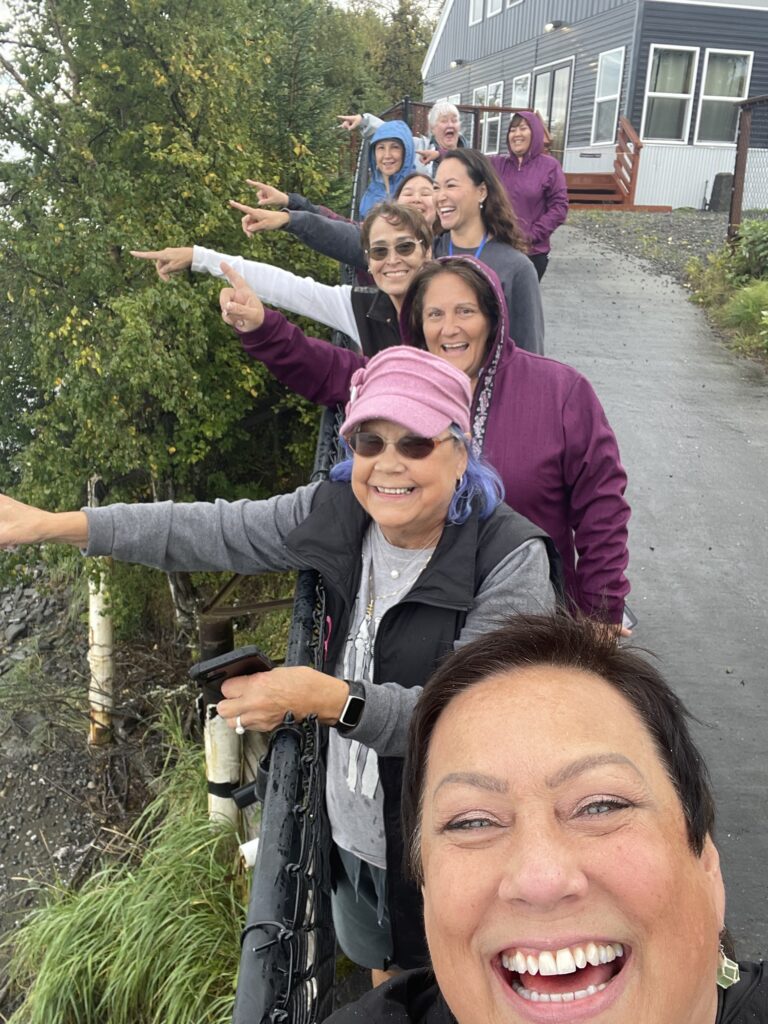
Bridging Cultural and Geographic Barriers
CfR’s Alaska Native retreat addressed challenges unique to Alaska Native women, particularly those living in remote areas with limited access to healthcare. By bringing together survivors with shared cultural experiences, the retreat provided a sense of community that is often hard to find in traditional settings. The CfR Alaska Native retreat was unique for three specific reasons, she said. “It brought a group of survivors together who shared cultural connections, it was based in the healing properties of nature, and it made room for local cultural values of importance.”
“For example, our Native coordinator laughed that it would be hard to bring Alaska Native women to bodies of water and then send them home with no fish, so we were allowed to include a deep-sea fishing trip with cleaned catch to bring to our families! That was spectacular, attuned to our needs, and one of the most fun days of my life!”
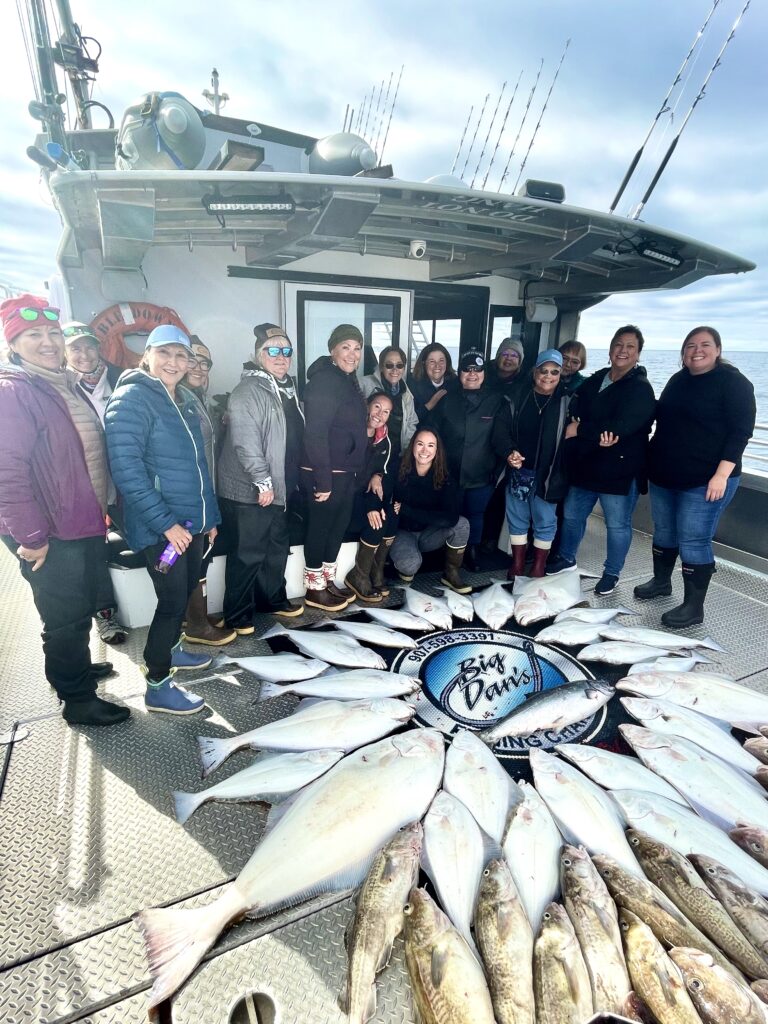
The Healing Power of Nature and Connection
CfR’s retreats are known for using fly fishing as a form of therapy, and Nicole found it to be just that. “Learning a new skill is important for mental and emotional agility,” she explained. “It requires being very present and paying attention while also having fun, and that gave me a break from thinking about my cancer.” Nicole went on to say that fly fishing, “gives you the chance to slow down and look around, breathe deeply, listen to different sounds, and melt into that environment. We don’t get to do that often enough.”
The retreat also allowed for intergenerational connections. Nicole’s group included women from three different generations, creating a unique space for shared wisdom and support. “We covered three generations in our group, and that shared knowledge and experience was life-changing,” she said.
Advocating for Alaska Native Women
Nicole emphasizes the importance of open dialogue about cancer in Indigenous communities, stating, “We have to talk more about cancer in our Indigenous communities. It doesn’t go away and it won’t skip you just because you’re silent about it.” She expresses her hope for Indigenous retreats, saying, “My hope for Indigenous retreats is to keep encouraging open discussion about cancer.” According to Nicole, these conversations can create positive ripples across generations: from mothers to daughters, aunties to nieces, and friends to friends.The more people talk, the less stigma there is around being sick or needing help. She notes, “The more we talk, the less there is a perceived stigma from being sick or needing an extra hand.” She highlighted a shift in perspective that is needed, “People are reluctant about being a burden to others. Instead, we must be advocates for ourselves and others, so that we don’t lose ourselves, or our lives to this disease.”
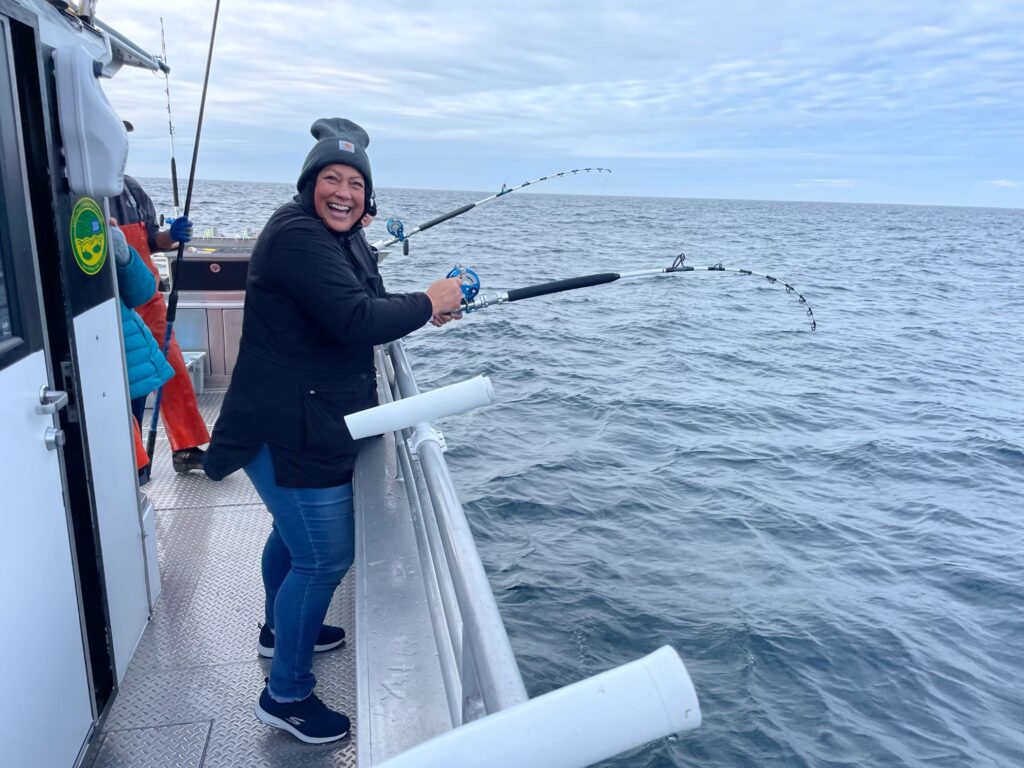
A Message to Other Indigenous Women
Nicole hopes that retreats like Casting for Recovery will continue to foster open discussions, helping women feel empowered to seek screening, treatment, and support. Reflecting on her own retreat experience, one of her most cherished memories was the moment when beluga whales appeared in the Kenai River, just as the group arrived for their first evening together. “We named our group the Beluga Babes,” Nicole recalled. “It was such a special, unique shared experience.” She also fondly remembers how Roni started a pit fire after their fishing day, “It seems like such a small thing, but the fact that she started a fire was so thoughtful and appreciated. For Alaskans, that smell brings forward such good memories: of childhood, family, summers, smoking fish, sharing laughs, telling stories. It was so nice to smell the wood smoke and make memories with new friends.”
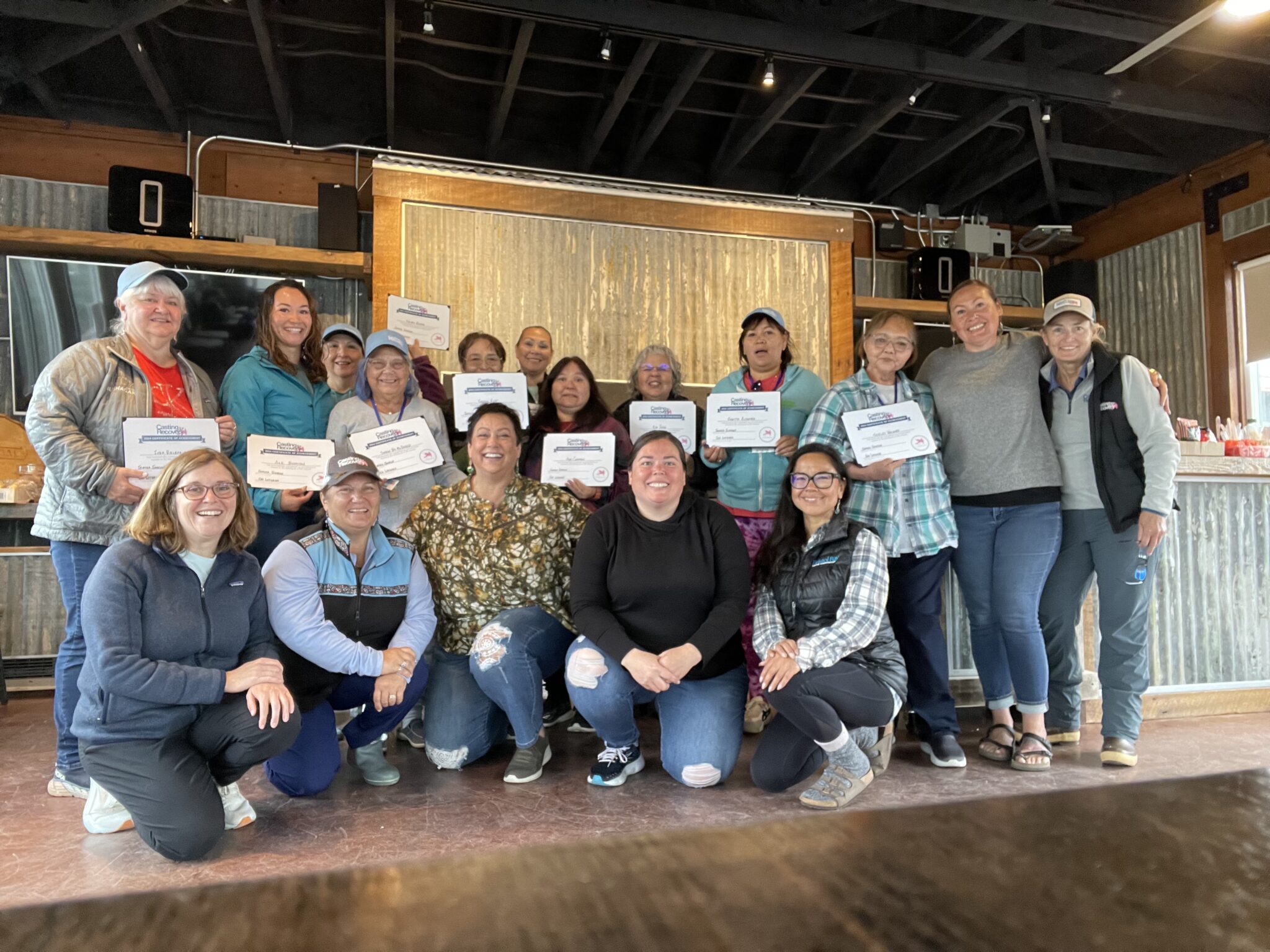
Looking Ahead to Addressing Critical Gaps in Care
Nicole’s experience at the CfR Alaska Native retreat is a powerful testament to the importance of culturally sensitive, community-driven support in the fight against breast cancer. Through connection, nature, and the healing power of fly fishing, she and her fellow participants found support, a sense of community and empowerment that will extend long after the weekend shared together.
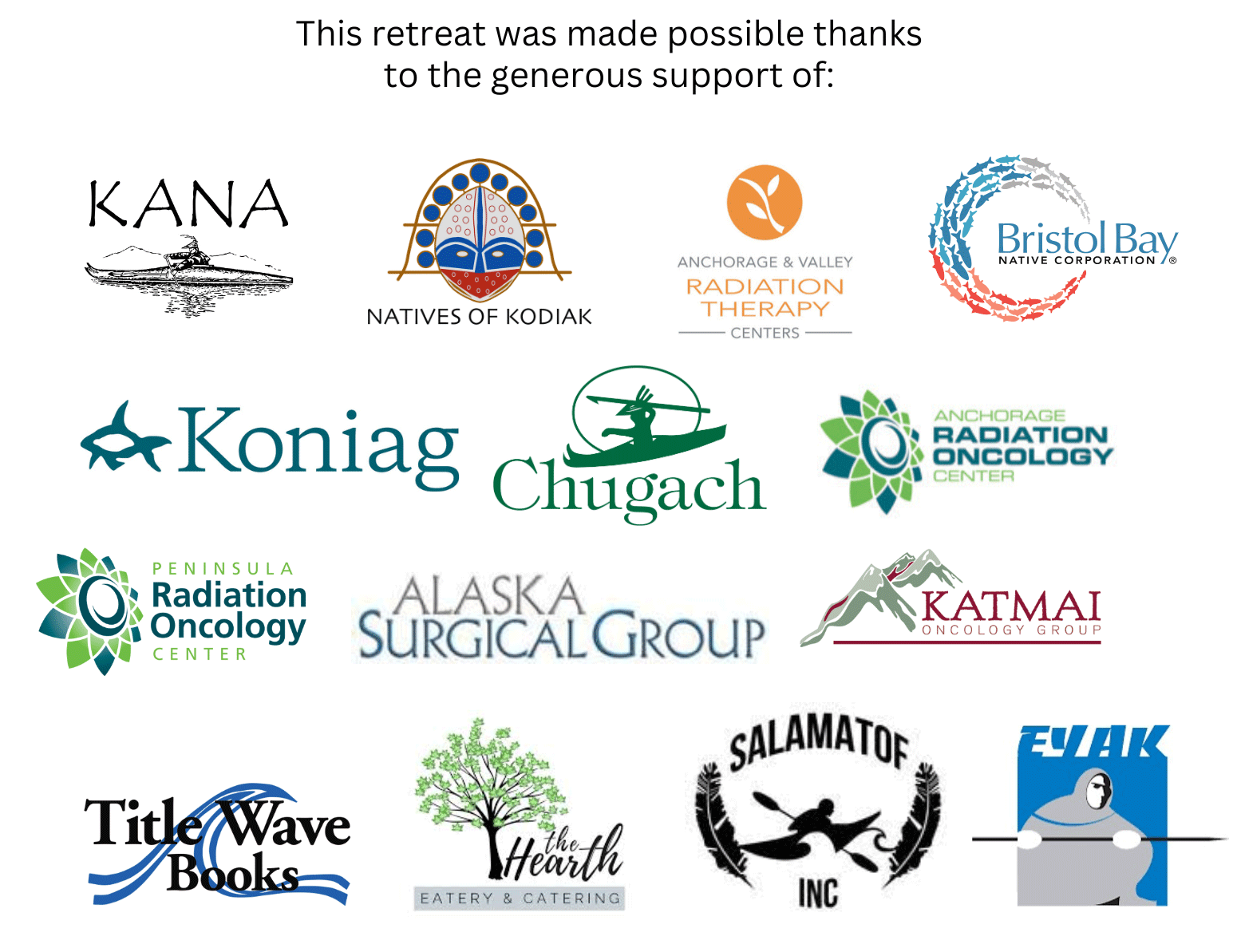
Kristin & Dennis Mellinger
Chris Monfor – Salamatof Native Association
Bunny Swan
Ronetta Briggs – CfR Trustee
Carol Butler
Kristi Acuff
Alaska Coastal Catering
Joleen Holt – Salamatof Cannery Lodge
Tiffani Swanson – Salamatof Cannery Lodge
